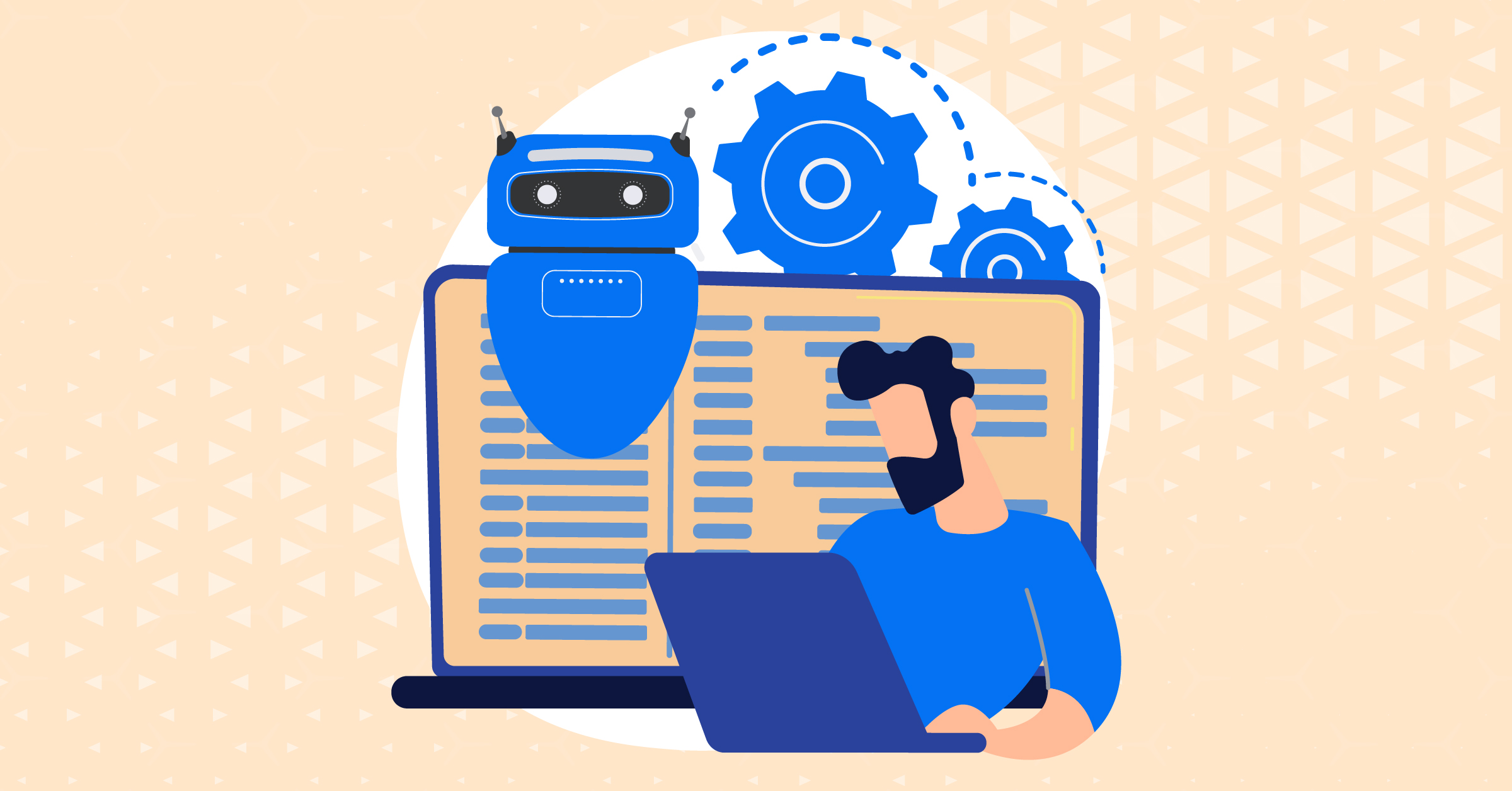In the rapidly evolving landscape of software development, businesses are constantly seeking ways to streamline processes and reduce costs without compromising on quality. The integration of Artificial Intelligence (AI) services has emerged as a powerful solution, revolutionizing the development cycle. This article delves into the transformative impact of AI services on software development, elucidating how they facilitate swifter and more cost-effective outcomes.
Understanding AI Services in Software Development
Definition and Scope of AI Services
AI services encompass a range of capabilities that leverage machine learning algorithms, natural language processing, computer vision, and other advanced techniques to enable machines to perform tasks that typically require human intelligence. In software development, AI services are employed to automate, optimize, and enhance various stages of the development process.
Types of AI Services in Development
- Automated Testing and Quality Assurance
AI-driven testing tools can autonomously identify bugs, optimize test scenarios, and ensure the highest standards of quality, significantly reducing manual testing efforts. - Code Generation and Optimization
AI algorithms can assist in generating code snippets, improving code readability, and suggesting optimizations, accelerating the development process. - Predictive Analytics for Resource Allocation
By analyzing historical data and project requirements, AI services can provide accurate estimates for resource allocation, aiding in project planning and management.
Accelerating Development: The AI Advantage
Streamlined Workflows and Process Automation
- Automated Code Reviews
AI-powered code review tools can quickly scan through lines of code, identifying potential issues, ensuring compliance with coding standards, and expediting the review process. - Continuous Integration and Deployment (CI/CD)
AI-driven CI/CD pipelines automate the process of integrating code changes, running tests, and deploying applications, leading to faster and more reliable releases.
Enhanced Decision-Making and Problem-Solving
- Intelligent Error Handling
AI algorithms can analyze runtime errors, identify their root causes, and suggest solutions, reducing debugging time and enhancing the efficiency of developers. - Code Refactoring and Optimization
AI-powered tools can analyze existing codebases, identify areas for improvement, and suggest optimizations, leading to more efficient and scalable applications.
Software Development Cost Reduction through AI Services
Resource Optimization and Scalability
- Efficient Resource Allocation
AI-driven predictive analytics assist in accurately estimating the resources required for a project, helping businesses allocate budgets and manpower more effectively. - Scalability Planning
AI-powered tools can analyze usage patterns and predict future demand, enabling businesses to scale their applications in a cost-effective manner.
Minimized Manual Effort and Increased Productivity
- Reduced Manual Testing Costs
Automated testing powered by AI services significantly decreases the time and effort required for manual testing, resulting in substantial cost savings. - Faster Development Cycles
By automating various aspects of development, AI services reduce the time required to bring a product to market, allowing businesses to capitalize on opportunities sooner.
Overcoming Challenges and Maximizing AI Benefits
Data Quality and Training
- High-Quality Data Acquisition
Ensuring that AI models are trained on high-quality, relevant data is crucial for their accuracy and effectiveness. - Continuous Model Improvement
Regular updates and retraining of AI models are essential to keep them aligned with evolving project requirements and industry trends.
Integration with Development Teams
- Developer Training and Collaboration
Providing training and resources to development teams on how to leverage AI services effectively can enhance their productivity and drive successful project outcomes.
Trends Shaping the Future of AI in Software Development Cost Estimations
Integration with Project Management Tools
AI-powered cost estimation tools are increasingly integrated with popular project management platforms. This streamlines the estimation process and allows for seamless collaboration between development teams and stakeholders.
Predictive Analytics for Resource Planning
AI services are evolving to offer predictive analytics for resource planning. This includes forecasting the demand for specific skill sets, allowing businesses to assemble the right teams for their projects.
Cost Estimation for Agile and DevOps Environments
AI is adapting to cater to the unique challenges of Agile and DevOps methodologies. These dynamic development approaches require estimations that can adapt to frequent changes, making AI an invaluable tool in these environments.
Cost Considerations in Software Development
Initial Development Investment
The initial investment in AI-powered software development includes expenses related to hiring a development team, data collection, algorithm design, and integration. This is a crucial starting point for budgeting.
Ongoing Maintenance and Updates
After the initial launch, there will be ongoing costs associated with maintaining, updating, and improving the AI-powered software. This includes addressing any bugs or issues that may arise.
Return on Investment (ROI) Assessment
It’s important to evaluate the potential ROI of the AI-powered software. Consider the long-term benefits, such as increased efficiency, improved user experiences, and potential revenue growth, against the initial development costs.
AI-Enhanced Cybersecurity
As security threats continue to evolve, startups are turning to AI to bolster their cybersecurity efforts. AI-powered solutions can detect and respond to potential breaches in real-time, providing an added layer of protection against cyber threats and safeguarding sensitive data.
Conclusion
The integration of AI services in software development is ushering in a new era of efficiency and cost-effectiveness. By automating tasks, optimizing workflows, and enhancing decision-making, AI is poised to reshape the way software is conceived, developed, and deployed. With the right strategies and a commitment to staying at the forefront of AI-driven innovations, businesses can unlock the full potential of this transformative technology, paving the way for faster, more cost-efficient development cycles and ultimately, a competitive edge in the market.
By leveraging data-driven insights and machine learning algorithms, businesses can now make more accurate and adaptable estimations, mitigating risks and enhancing project success rates. As trends continue to evolve, we can expect even greater integration of AI in project management, resource allocation, and dynamic development environments. Embracing these advancements will undoubtedly lead to more efficient and cost-effective software development processes in the digital age. By harnessing the power of AI, businesses can unlock new levels of success in the competitive landscape of software development.
By harnessing the power of automation, personalization, and predictive analytics, startups can not only create more efficient and user-friendly applications but also significantly reduce development costs. As trends in AI continue to evolve, the opportunities for startups to leverage this technology will only expand. By embracing AI-driven development, startups can position themselves for success in an increasingly competitive and cost-conscious market.


